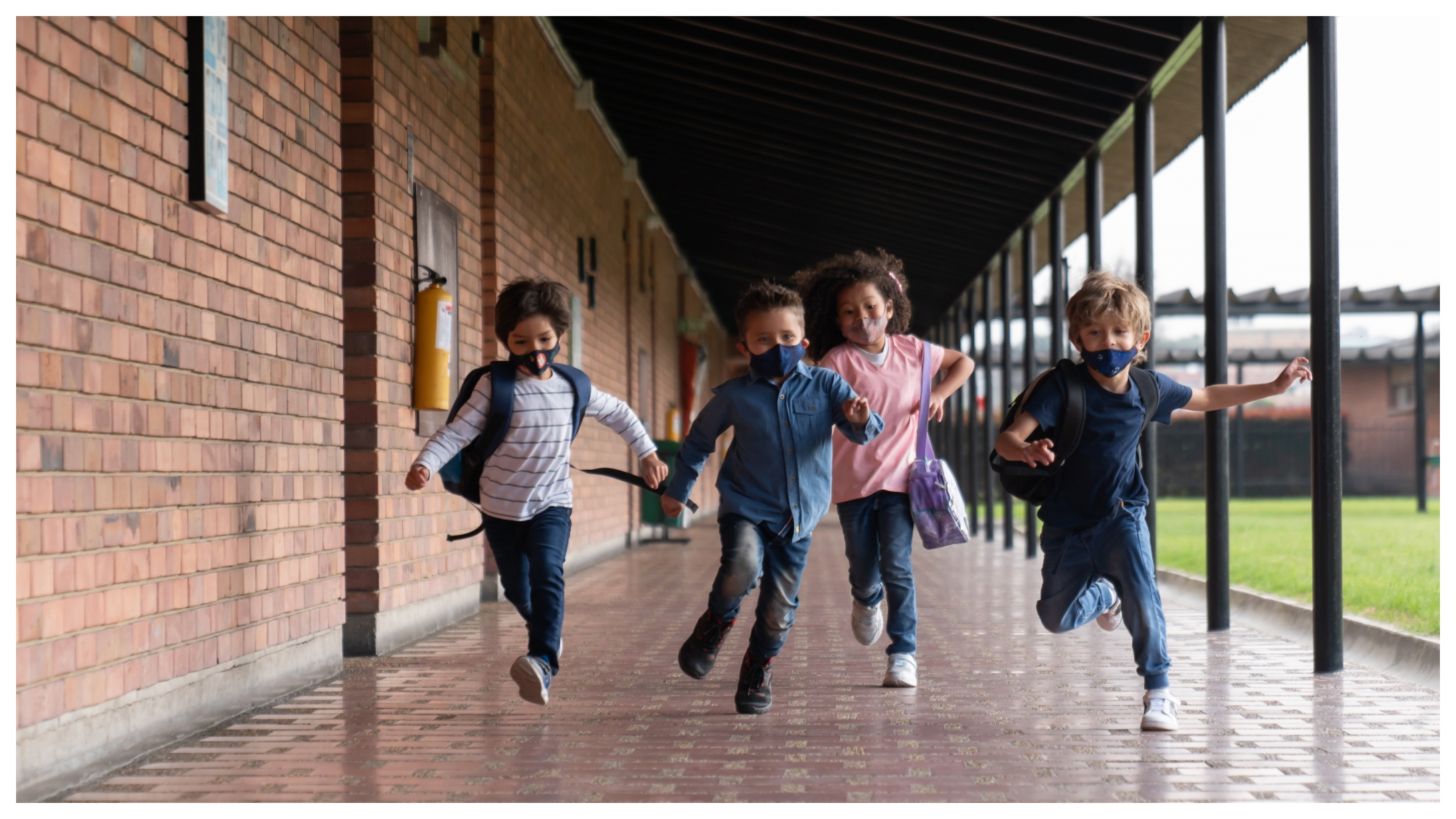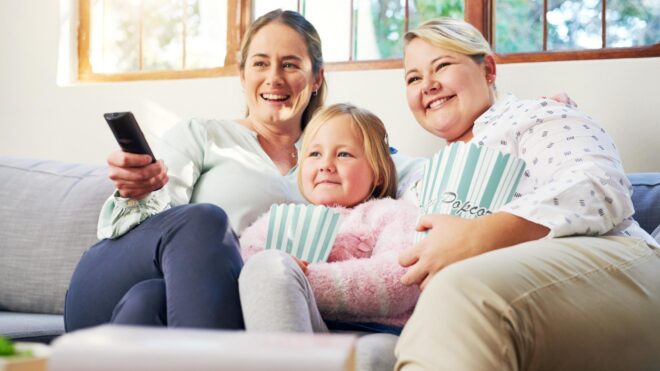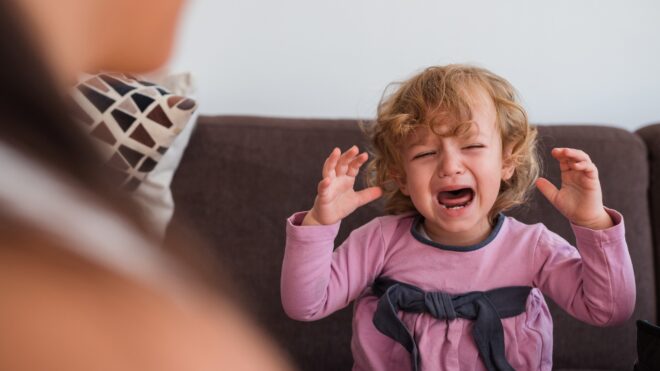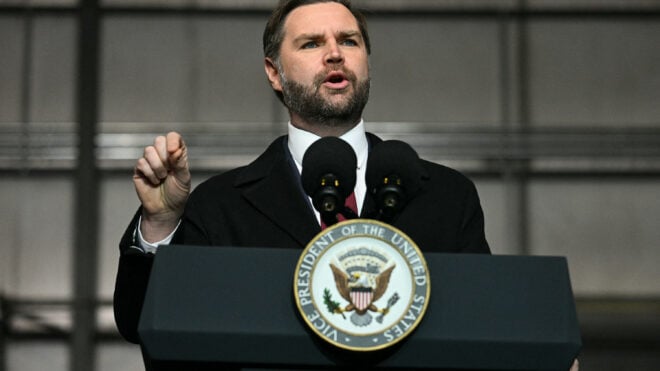
The other day, I was sitting with my 7-year-old son in the school drop-off line. A little girl a few cars ahead of us, who looked to be around his age, was having a rough morning. She was crying and flinging her backpack to and fro. A few moments later, the mom's car pulled away. Instead of heading straight into school, the little girl sat down on the curb and cried.
My mama heart was aching for her (as well as the mom who just drove away — I knew her day, or at least her morning, was ruined).
I thought about similar mornings I'd had with my son and how when I drove away from school, I hoped and prayed that someone would be nice to him, that his morning would get turned around.
I brought it up to my son as we got closer to the entrance. I asked him if he would go and chat with her, or ask if she wanted to walk into school together. I could tell he was thinking about it, but he said he didn't know her and that he would feel "weird." I knew it was a totally normal response from a 7-year-old boy, but I still hoped he would change his mind.
Before my son hopped out of the car, a teacher had found her way over to the little girl and walked her into the building. I was glad to see it, but I also know just how important peer support is. As a parent, the best thing you can hear from your kid is that another kid did something kind to them. We simply know how much it makes their day.
While my son didn't have the opportunity to help out that day — and I'm not sure he would've, simply because he didn't know the little girl — I know he understood that it would've been meaningful. I was, at the very least, glad we talked about how to help.
The truth is, we didn't know what was going on with that child. But watching the rough morning unfold right in front of us made me think about just how much kids are going through all the time. Being a kid is tough, no matter who you are!
I know that my own kids have had plenty of their own rough mornings in recent years. Whether it's because they were tired or cranky and didn't want to go to school or because they were struggling with something much bigger, they've had rough days, weeks, or even years.
Four years ago, my kids' father and I separated, and I feel we've all only settled into the full reality of two separate homes in the past year. I know there have likely been plenty of times when one or both of my kids have gone to school thinking about the stresses of home. Because no matter how well you try to navigate transitioning from one home to two, there are hurdles. There are scheduling conflicts, there is uncertainty, and there are lots and lots of tears. But the fact is, each and every family has their own struggles. That means kids are carrying more than their backpacks to school.
Sometimes they're carrying worry, fear, or anxiety, too.
At 7, my son might not fully understand his own impact yet. But my daughter, who is 12 and goes to a different school, definitely does. In that moment, she spoke up.
"I'll do it!" she said. "I'll go talk to her!" As a tween, my daughter has her own struggles with rough mornings and bad days. She's also learned so much about the importance of helping others and of being a good friend. She's definitely a "helper" and is happy to be one.
I didn't have anywhere to pull over and let my 12-year-old pink-haired big kid hop out of the car right then and go help. But I was glad to know that she understands why it matters. I know my son was listening, too.
There are a lot of ways to be a helper as a kid in school. Mostly, it's just about being inclusive. It's about not walking right by someone who is in need of a friend — even if you don't know that person. It's about asking someone who is usually by themself to sit with you at lunch, or play with you at recess. It's about offering kindness when you can tell someone needs it. And someone always needs it.
While grades and extracurriculars matter, I honestly think learning to include people is the most important thing kids can learn in school. It's one that affects absolutely everyone. If even a handful of kids in a class are practicing being visibly inclusive, there's a ripple effect. People take notice. More and more kids have better days because someone was kind to them, and that kindness keeps going.
As a parent, I think it's important to know that there is always a learning curve. Our kids aren't always going to do the best thing or the kindest thing — neither did we as kids, and we don't always as adults, either. But pointing out opportunities to be kind still goes a long way, as does demonstrating inclusivity in your own life. Things like inviting a new neighbor over for a coffee or inviting them to a gathering in an already fairly firm group are important.
Our kids see those acts of kindness. They feel the ripple effects, and those ripple effects are huge. Because if we all practiced slowing down and not walking right by someone who needs our help, the world would feel a whole lot kinder.







